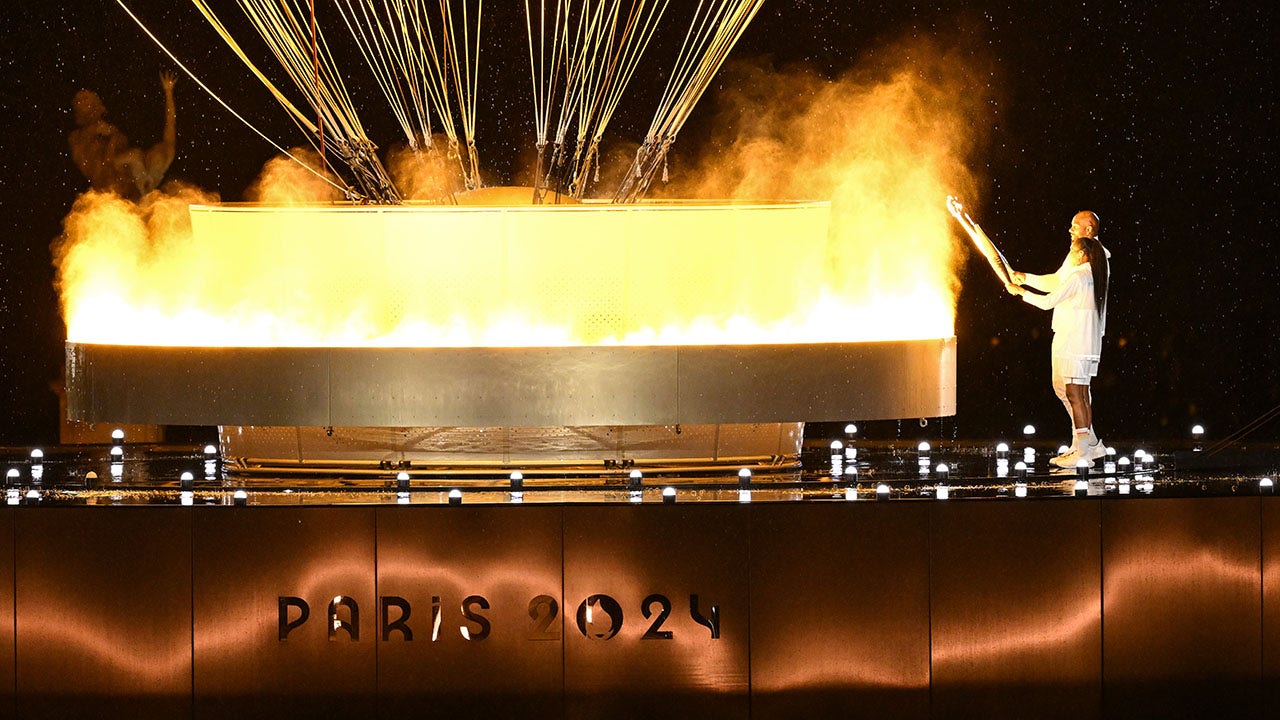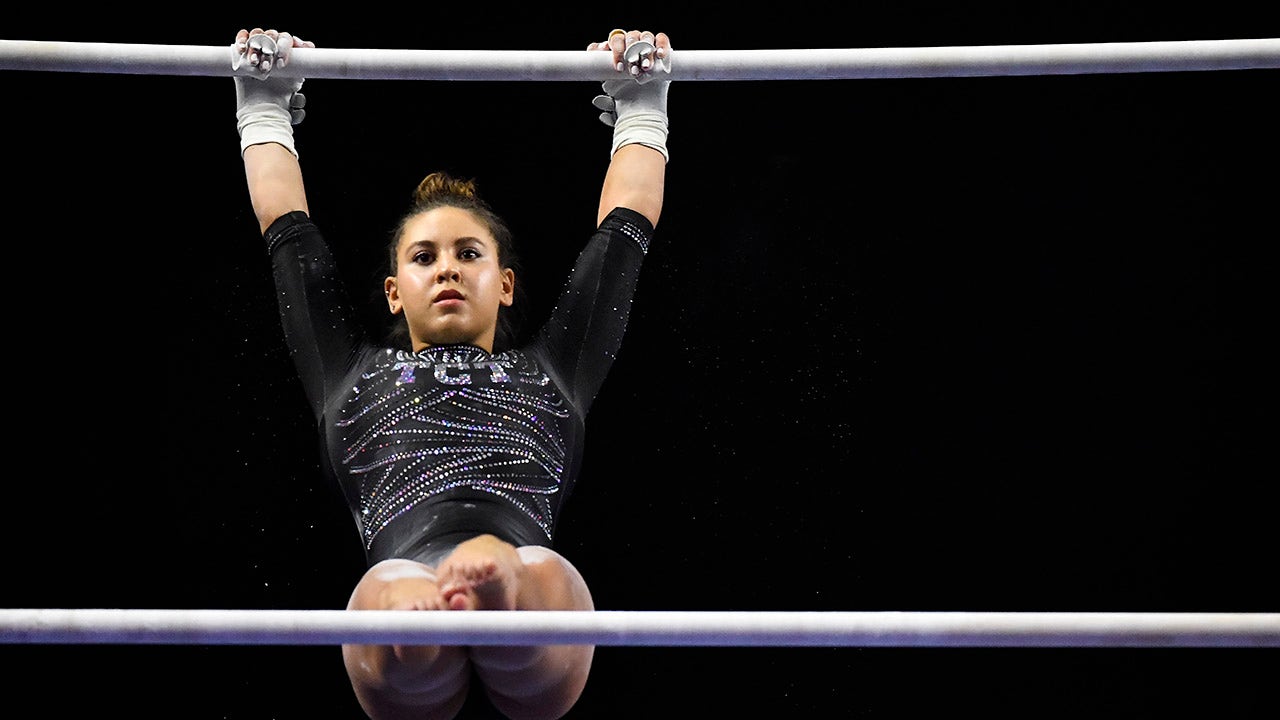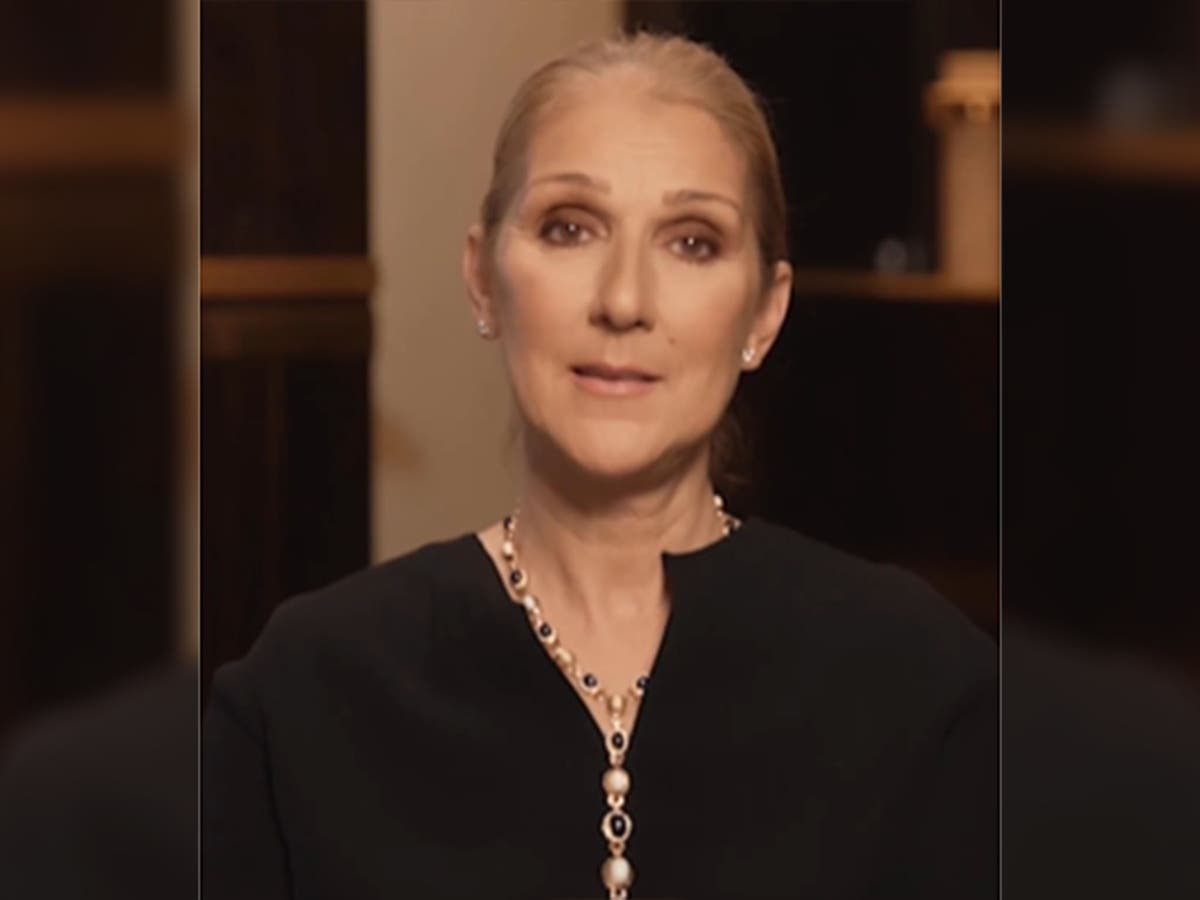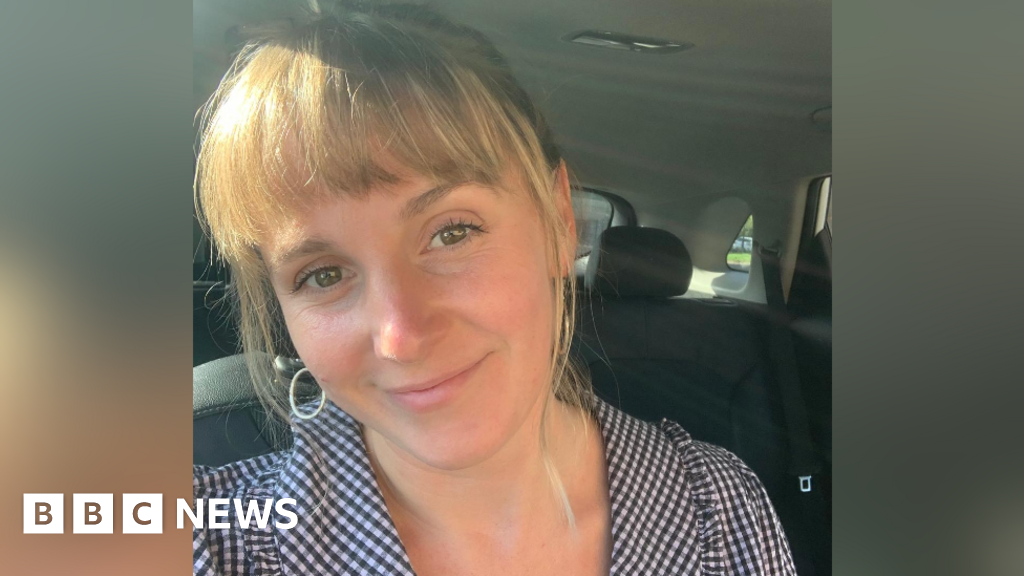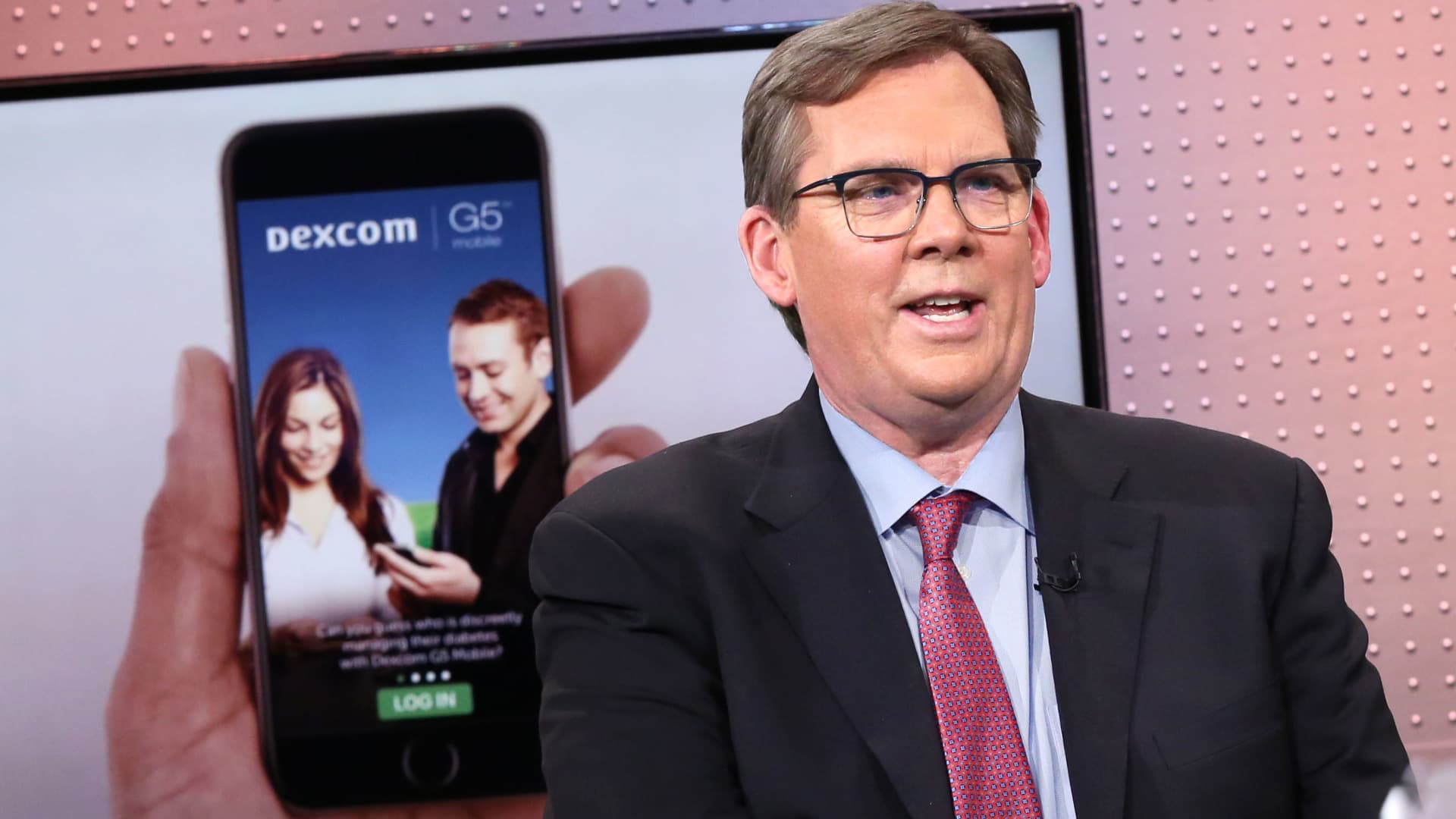Set in Kyoto, “Sunny” follows an American expat and misanthrope named Suzie Sakamoto (Rashida Jones) as she reels from the deaths of her husband and son in a plane crash. Jones plays Suzie as reflexively unpleasant even in grief. Impatient, foul-mouthed and brash, she never learned Japanese but nevertheless manages to trade barbs with various Japanese officials thanks to an in-ear translating device. Her clashes with her reserved and frosty mother-in-law, Noriko (Judy Ongg), rarely escalate into actual conflict. Via performances so grounded the result sometimes feels like realism bordering on mumblecore, Ongg and Jones conjure a whole world (and a prickly shared past) out of their habitual, tensionless hostility. The undemonstrative, familiar, humdrum, low-grade tenor of their antagonism elevates both; paradoxically, their restrained unpleasantness makes each, individually, more likable. That fine-grained character work does a lot to anchor and counteract the broad, paint-by-numbers silliness of the thriller plot.
“Sunny” begins with Noriko strong-arming Suzie into a collective grieving exercise for the families of those who died in the crash. Each person calls a dead loved one’s phone to hear their outgoing voicemail message and grieve hearing them for the last time. When Suzie finally relents and dials, her husband Masa’s (Hidetoshi Nishijima) phone, which should be off, keeps ringing. The thriller stuff really gets underway when a man claiming to have worked with Masa shows up at her door with a consolation gift from his employer, a company called ImaTech. The gift is a domestic “homebot” named Sunny, which Masa allegedly programmed for Suzie himself.
Suzie hates homebots. She also believed — because he told her as much during their 10 years together — that Masa worked on refrigerators, not robots. This, then, is the mystery Suzie is roped into solving while Sunny worms her way into her owner’s (and viewers’) good graces through acts of service, gentle questions and spurts of benevolent disobedience. Assisting Suzie in her inquiries is Mixxy (Annie the Clumsy), a bartender who alerts her to a thriving black market for bits of code that people buy to hack homebots into performing other functions. Surveilling Suzie and Sunny is Hime, the ambitious daughter of an ailing Yakuza leader. She’s soft-spoken, she’s deliciously creepy, and she desperately wants to acquire a definitive hacker’s guide to homebots, known as “The Dark Manual.” (This is also the name of the Colin O’Sullivan novel on which “Sunny” is based.) Armed with that code, which Masa appears to have had a hand in writing, Hime hopes to outsource executions, consolidate power and take over when her father dies.
But the show’s real story isn’t the homebot, the code that could hack it or Sunny’s growing sentience, which is competently (and sometimes movingly) rendered. The heart of the series is humbler and peppered with deceptively simple questions, such as, “Why did my father hate me?” (Another, which one character regards as a programming challenge, concerns teaching a robot the difference between “trash” and “not trash.”)
Compounding Suzie’s grief at the loss of her family is her dawning realization that she may not have known the one person (besides her son) with whom she’d managed to meaningfully connect. The show turns on her fear of what ugly things she might discover about him and her growing horror that she might be mourning something that never existed — and may have lost her son as a result. This — the “What did I miss?” question, with all its abject loneliness — is the show’s driving tension. And “Sunny” isn’t “Big Little Lies” or “The Undoing,” where the answer identifies a monster and resolves. If anything, the reverse is true: As the thriller plot gets punchier and more predictable, the show’s meditations on what went wrong or unsaid between Masa and Suzie get smaller. More tender. More precise.
“Sunny” will no doubt garner comparisons to “Lost in Translation,” Sofia Coppola’s 2003 treatise on American loneliness in Japan. And to Apple TV Plus’s “Severance,” which also uses a little modest futurism to interrogate grief and disconnection. But “Sunny’s” more relevant counterpart is probably “Eric,” the recently released Netflix show in which Benedict Cumberbatch plays a host of a beloved children’s show whose son goes missing. Both series make their grief-stricken protagonist unlikable. Both outfit the parent with a therapeutic but inanimate companion during their search for answers (a giant puppet in “Eric,” a robot in “Sunny”). Both are technically thrillers in thrall to a pretextual and only semi-coherent story involving organized crime. Both treat their missing boys as beautiful but largely symbolic ciphers. Both are named after their chief gimmick, and both build up to a highly predictable, over-telegraphed twist.
But “Sunny” succeeds where “Eric” falls short. Whereas the latter flailed in an admirable but weakly executed effort to fold racism (and the AIDS epidemic and homophobia and civic corruption in 1980s New York) into a fable about mental illness, narcissism, gentrification and addiction, “Sunny” is understated and focused. Its themes are few. Its world is pared down. The show’s version of Japan is — save for one memorable episode parodying Japanese TV — more workaday than exotic. Even its futurism is curated, restrained. The homebots are charmingly simple, practically buttonless. The devices people use in lieu of cellphones are only slightly foreign, and in a cozy, analog way. (Instead of screens, they’re small projectors.) Although both shows feature great performances given the (extremely challenging) circumstances, Jones’s quiet, precise, matter-of-fact work opposite the robot endows their scenes together with the virtuosic specificity of a seasoned miniaturist.
I worry, therefore, given the goofy cliffhanger with which the first season concludes, that the show misunderstands its strengths. These do not include “realistic action sequences” or tight plotting. But I’ll devour that second season if it comes, because I desperately want more of the proud, tetchy, immersive, oddly relatable world it builds around Suzie and Noriko and Mixxy. If that’s leavened by some artificial intelligence theory and a few over-the-top Yakuza scenes, so much the better.
Sunny (10 episodes) premieres July 10 with two episodes on Apple TV Plus. Subsequent episodes will air weekly.












